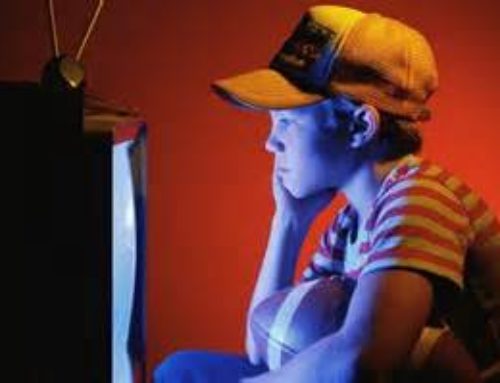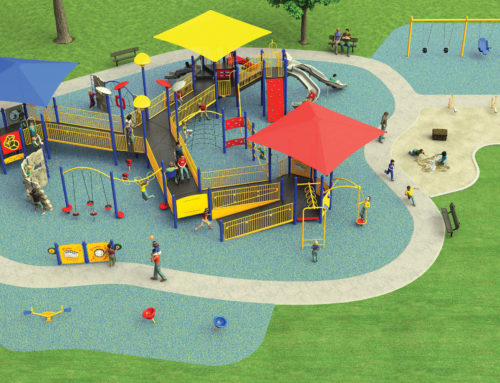Play is serious business!
Reasearch has shown that play – particularly unstructured, spontaneous games as opposed to scheduled activities like music lessons and football practice – is a powerful force in human development. Play experts such as founder of The National Institute For Play Stuart L. Brown, early childhood professor and author Vivian Gussin Paley, and Yale research scientist Dorothy G. Singer believe that spontaneous play and fantasy play help children learn about the world, cope with life’s pressures, and process negetaive emotions such as fear, anger and even worry. They have found that play prepares us for real life situations, allowing us to practice making decisions under pressure, lead a group, think abstractly. Group play teaches us to socialize and to cooperate. Play also gives us a chance to better know ourselves through self-evaluation and self-reflection, which are both critical development tools.
Unsupervised play leads too many skills as well as helps children reach many developmental milestones. One of the biggest things unsupervised play does for kids is encourage independence. Kids who play without adult supervision have to solve their own issues. Everything from ‘Do I put my coat on in this weather?’ to ‘Do I ignore this kid teasing me or resolve it by talking to him?’
When kids feel independent it leads to pride and confidence. Hey, I just got that kid to stop teasing me and now we’re playing tag! This is awesome. They’ve just solved a problem. And how they have solved this problem goes into their problem-solving repertoire–i.e. their brain just made a ton of new neural connections which will continue to help them throughout the rest of their life. By solving their own problems children also develop their own personal resiliency. They learn that they can not only take care of themselves, but they can also solve their own problems. If an adult was present in the above situation chances are pretty good that the adult would have stepped in and solved the problem, not benefiting either child long-term.
The Value of Outdoor Play:
Outdoor play is sensory. With the rise in concerns that our children are being stunted in terms of sensory development, playing outdoors is part of the answer. Every outdoor play experience is sensory and provides sensory input in a nonthreatening, nonoverstimulating, and natural way.
The benefits of outdoor play are so multifaceted and complex you could write a book about it. In fact, Richard Louv, author of Last Child in the Woods, did. Some of the things he found in his research was that playing outdoors reduces anxiety and depression, both sadly on the rise as well as linked to not playing outdoors. As well, children who play outdoors are more likely to rate higher on a scale of feelings of self-worth. (And have two times the friends as kids who do not play outdoors?)
Kids who play outside are less likely to be obese. Childhood obesity has more than tripled in the past thirty years and statistics suggest that one in every three children is obese. (Your child is 500,000 times more likely to become obese than to be abducted.) Outdoor play is naturally active and is one of the best ways to reduce obesity.
Food for thought: The rise of organized kid’s sports (where kids spend a fair amount of time waiting for their turn or listening to their coach) has increased at approximately the same time as childhood obesity. (Electronics use has also increased during that time period and unsupervised, unstructured outdoor play has decreased.)
By the way, kids who play outdoors and on irregular play surfaces (not a smooth soccer pitch) have greater motor fitness including balance and coordination.
On the intellectual end of the spectrum, outdoor play has been linked to a reduction of ADHD type symptoms and increases the ability for kids (and adults) to concentrate, pay attention, and even score higher grades in school. In fact, recess is linked to better classroom behaviors.
Kids were meant to move. Their natural playground is the great outdoors. Let’s let our kids be kids!



